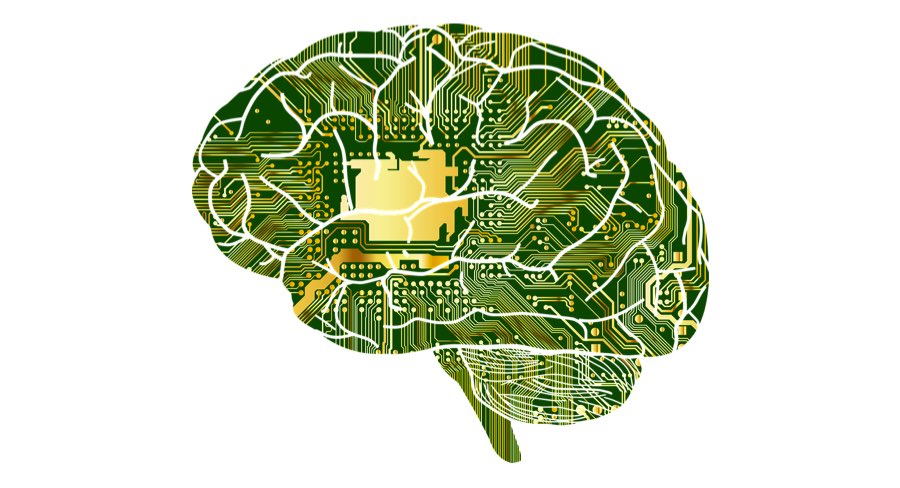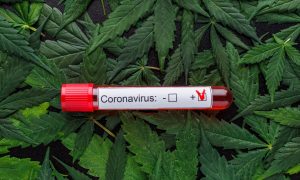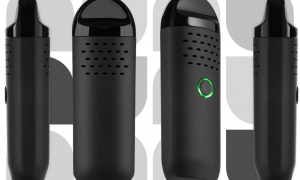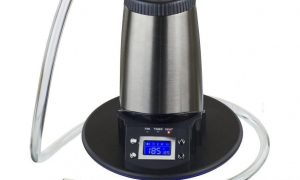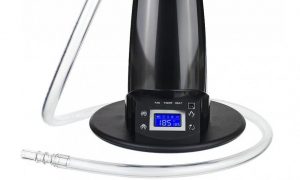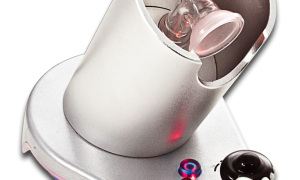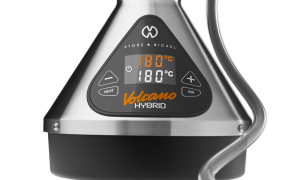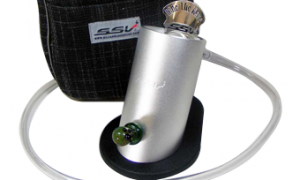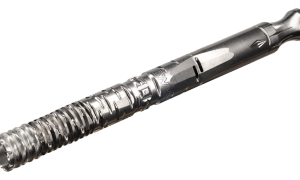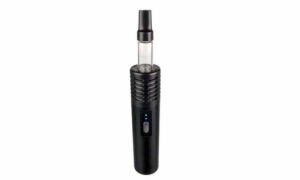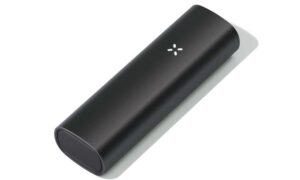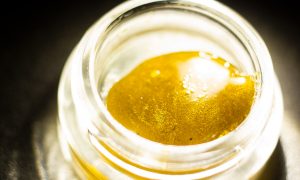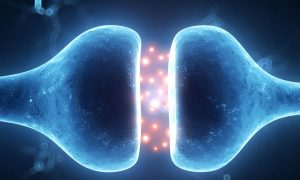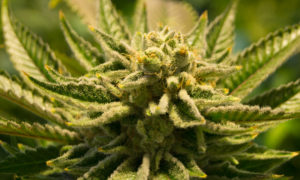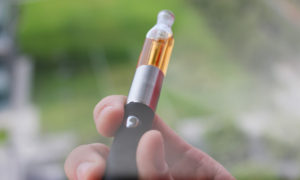You are probably aware that marijuana can do so much more for you than just make you feel high. Various studies conducted in the past have shown that the cannabis plant actually has numerous health benefits. Other than the ability to make you feel good, weed can actually reduce the symptoms of some diseases.
We know that the use of marijuana is believed to help with anxiety and pain but did you know it can also help improve brain health?
Health Effects of Marijuana
It’s a fact that millions of people worldwide use marijuana not just for recreational use but for its medicinal purposes as well. Research has shown that cannabis helps with epilepsy by reducing seizures among children struggling with the disease. It is also known to help alleviate back pain and reduce the symptoms of multiple sclerosis.
Scientists have also studied the effects of marijuana on cancer and have found that cannabis actually helps reduce the symptoms. The plant helps reduce the vomiting and nausea caused by chemotherapy according to the research.
It has also been shown that participants in clinical trials who used marijuana didn’t need pain medicine as much as before.
Marijuana can also help treat neuropathic pain and it can increase food intake in HIV patients. However, the results show that edibles containing marijuana do not have an equal effect as smoking cannabis. When taken via edibles, the effect is poor as the THC compound is absorbed slowly. On the other hand, when you smoke marijuana, THC enters the bloodstream very quickly and goes right to the brain.
Research also suggests that the use of the marijuana plant can help improve memory and reduce the symptoms of Alzheimer’s disease. Furthermore, it is suggested that marijuana helps with movement disorders like Parkinson’s disease.
Marijuana and Music
The effects of cannabis are truly incredible. Music and marijuana reportedly have a similar effect on our brain. Music is known to help calm us down alleviating anxiety and depression which is why music is unavoidable at social gatherings. Smoking or inhaling weed does the same thing. But the two combined, that is an entirely different experience.
When we listen to a song we are fond of, it evokes an emotional response, we get excited, we feel the chills. This is because of the increased levels of dopamine (the hormone responsible for pleasure). Listening to the music you like makes your brain release more dopamine. In a similar way, marijuana leads to the release of dopamine making us feel euphoric.
It’s is not a coincidence that marijuana enthusiasts often listen to music while they’re high. Music makes the whole experience more enjoyable and can actually reduce the effects of the weed if you get too excited. Together, marijuana and music complement each other creating the perfect balance.
Weed and music together have a very strong effect on the hippocampus which is responsible for short-term memory and helps you experience the present moment better. When affected by music and cannabis, this area of the brain helps you truly unwind and enjoy the experience.
Weed also affects the way we experience music. Since it alleviates anxiety and helps us calm down, weed can actually make you focus on what you’re listening more deeply than ever. This goes for CBD especially.
The CBD component, which is responsible for calming you down, pairs well with music. Combined with music, CBD helps reduce the symptoms of depression and anxiety but without getting you high.
Marijuana and Cognitive Functions
There is much confusion when it comes to the effects of marijuana on our brain. Some claim that it has a negative impact on the brain if used in teenage years. However, in adults, marijuana has an entirely different effect. A study has shown that cannabis actually improves our cognitive functioning. The study revealed that participants who used marijuana for 3 months performed better compared to those who didn’t.
After 3 months of treatment, improved task performance was noted. Participants have also reduced the use of prescription medication and felt better in general.
So far, the results of the study sound promising. However, further research is necessary to determine the exact neurobiologic effects of cannabis.

